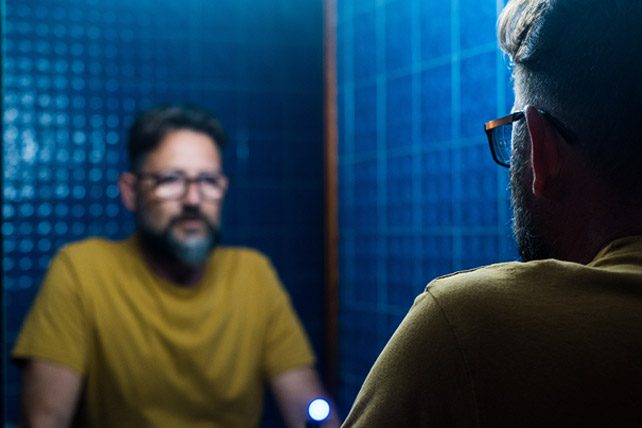A.W. Tozer is credited with saying, “What comes into our minds when we think about God is the most important thing about us.” And that may be true, but I would argue that what you think about YOU matters a great deal as well.
A lot of us grew up with the belief that self-loathing is next to godliness and that any kind of positive evaluation of ourselves is just pride at work. As a result, we try not to think about ourselves much at all.
I’ve even heard that humility “isn’t thinking less of yourself, it’s thinking of yourself less.” And while that’s definitely better than the glorification of self-hatred, it still diminishes our need for a healthy self-awareness.
Holley Gerth, in her book “The Powerful Purpose of Introverts,” divides this out well: “Self-criticism, like Kjerstin and Stephen experienced, makes us turn away from seeing who we really are. The opposite, self-focus, makes us stand in front of a metaphorical mirror all day. Only self-awareness empowers us to see our true identity.”
In other words, there is a healthy middle ground in which we are neither being too harsh toward ourselves nor are we falsely inflating our importance. In the middle ground, where true humility shows up, is when we have an accurate picture of who God is, who we are in the world, and how we’re doing in terms of our health and wholeness.
I’m often surprised, in my work of coaching Christian leaders to prevent or recover from burnout, by the amount of time we spend on issues of identity and self-knowledge. It isn’t that self-knowledge is the first priority of healing work. Rather, it’s that we’ve so neglected the work of self-discovery that most leaders have to make up ground in this area.
And without self-knowledge, there can be no real self-development.
This article originally appeared here and is used by permission.

